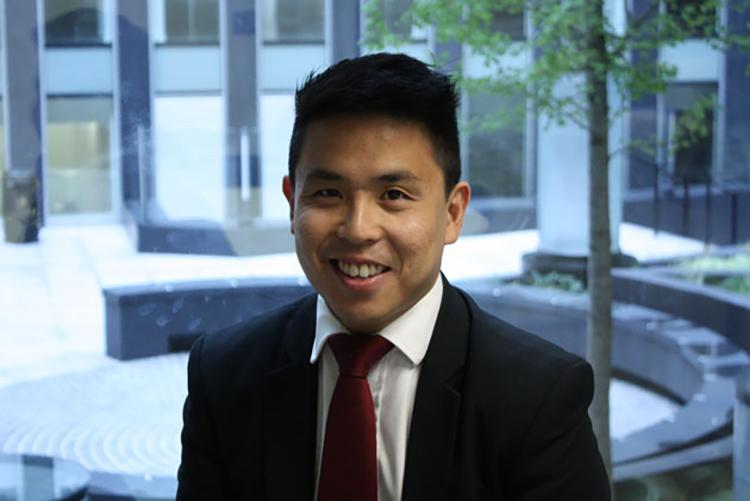How behavioural science can transform education for learners of all ages

It’s a simple fact of life that we can often behave in ways that might not serve our best interest – whether it’s procrastinating instead of revising for a test or putting off that dreaded tax return.
But it’s a fact that’s often missing from traditional economic models, which expect people to behave rationally at all times.
Behavioural insights can help us explain and plug that gap across a range of issues, including education.
It accounts for why learners don’t study for important exams or even attend class, and can also help us design simple interventions, or nudges, to help us make better choices for ourselves.
In 2014, the Department for Business, Innovation and Skills, funded the Behavioural Insights Team (BIT) to create the Behavioural Research Centre for Adult Skills & Knowledge (ASK).
Our aim was to use behavioural insights and rigorous evaluation to test different ways of supporting learners in their pursuit of maths and English skills in England.
The Centre’s work has involved running a series of randomised controlled trials to test different interventions delivered at various points in students’ learning journeys, encouraging them to show up to classes and supporting their learning once they’re there.
In doing so, we built a body of strong empirical research into what works in adult skills education.
ASK’s research spanned 23 projects across different learning settings, and involved tens of thousands of learners all over England.
Initially, ASK was specifically interested in how to support adult learners (aged 19 and above). However, the ASK remit was expanded to include 16-18 year olds pursuing these qualifications.
BIT, alongside our partners at the Department for Education, recently released two reports on the work of ASK:
One is a full research report covering all the projects that ASK undertook, including programmes of research into supporting further education (FE) college learners, partnerships with employers to understand the potential of workplace learning, and several exploratory studies with partners in the third sector.
The second is a practical guide for FE colleges that draws on ASK’s work, as well as the broader academic literature, to share a set of principles and approaches for how practitioners and policymakers can support learners and help them reach their potential:
Principle 1: Remind and Encourage – Timely prompts can motivate learners, and help them engage with their learning and build study habits. In one of ASK’s trials, texting encouragement and reminders to learners studying maths and English in FE colleges improved attendance by 22 percent and improved the proportion passing all their exams by 16 percent.
Principle 2: Promote Social Support Networks – Many learners lack the continuous encouragement needed to persevere with their studies, even though they may have friends, family and acquaintances who would be willing to help. Texting a FE learners’ friends and family prompts to encourage the learner improved attendance by 5 percent and achievement by 27 percent.
Principle 3: Create a Sense of Belonging in the Classroom – Many learners in maths and English courses may feel uncomfortable in the learning environment due to their previous educational experiences. We found that a short, but well-designed reflective writing exercise can help. An exercise where FE learners reflected on and wrote about their personal values improved achievement by 25 percent.
Principle 4: Develop Skills Beyond Maths and English – Research shows that essential life skills such as self-control and emotional intelligence can be as important as cognitive ability for lifetime success; however less is known about how to support development of these skills. For instance, we found that a set of exercises targeting FE learners’ ‘Grit’ (i.e. their ability to persevere towards long run goals) improved attendance for the first half of the year; however, this effect was not sustained. Further exploration is needed on how these improvements can be sustained and increased.
The results of some of our work at ASK is starting to spread across the sector.
Here at BIT, we’re using our texting platform Promptable to make it easier for providers to adopt these findings, and we are now working with some 30 FE colleges and 4,000 learners to take the findings to scale.
In the next few months, more institutions at different educational levels will be coming on board, taking the total number of learners involved to over 10,000, across almost 100 different educational institutions.
Our hope is that every college and education provider in the country can benefit from these results to help further support the three quarters of a million or so adult learners, and 16-18 year olds, studying maths and English.
Richard Thaler, Nobel prize-winning behavioural scientist, wrote in his 2015 book Misbehaving that “we need to run experiments to figure out how to improve [in education], and have only just started doing so.”
ASK has been privileged to make a contribution to this journey.
Zhi Soon, Director of Youth, Education & Skills at BIT











Responses